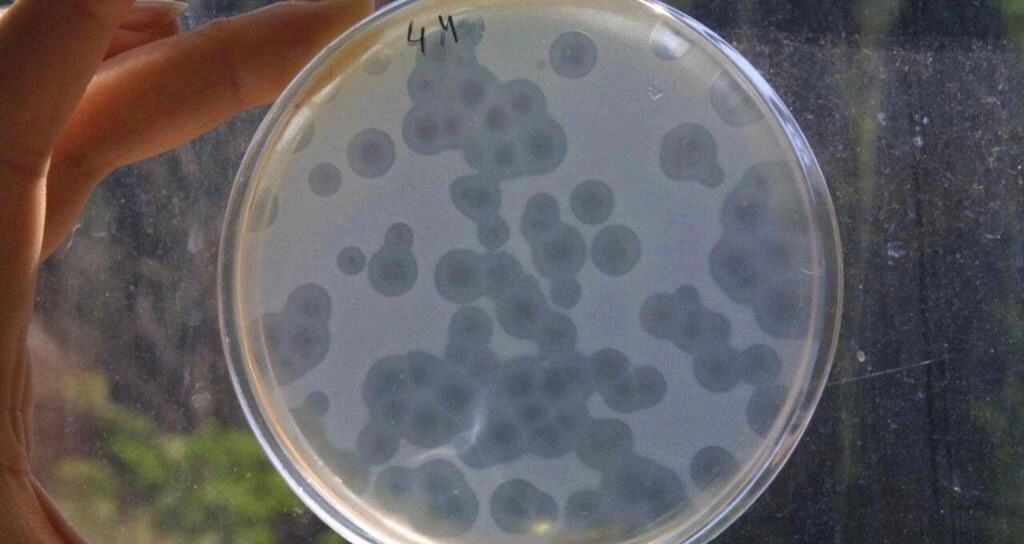AI Revolutionizes Scientific Research: Combatting the Antibiotic-Resistant "Iraq Bacteria"

Shafaq News/ The intersection of artificial intelligence (AI) with scientific research has ushered in a new era of unprecedented advancements, particularly within the realms of biology and medicine. AI's transformative influence has fundamentally altered these fields, positioning itself as an indispensable tool in contemporary research efforts.
In biology, AI has risen to prominence, playing a cardinal role in drug development. It has lent researchers invaluable assistance in identifying potential drug targets, refining medicinal compounds, and expediting the discovery of novel treatments. Additionally, the emergence of AI-based research and data sharing platforms has fostered a conducive environment for accelerated knowledge exchange, catalyzing breakthroughs in scientific discovery.
One of the most formidable challenges science and medicine grapple with today is the menace of antibiotic-resistant bacteria. The rise of pathogenic bacteria, impervious to all recognized antibiotics, sketches a daunting scenario for healthcare professionals worldwide, especially those engrossed in the fight against infectious and epidemic diseases.
The advent of such bacteria could potentially trigger a new epidemic, leaving scientists helpless without the conventional defense against bacteria - antibiotics.
A case in point among these antibiotic-resistant bacteria is "Acinetobacter boumani," colloquially dubbed the "Iraq bacteria". This infectious microorganism causes pneumonia, meningitis, bacteremia, urinary tract infections, and contaminates wounds - an occurrence particularly noted in war situations.
The bacterium, which has been frequently found in soldiers' wounds in Iraq and Afghanistan, thereby earned its nickname. Notably, the "Iraq bacteria" exhibits a heightened prevalence in hospitals and healthcare facilities, which over time has exposed it to a spectrum of antibiotics, culminating in its resistance to all known forms.
Further complicating the situation is the bacterium's uncanny survival capability in various environments and its prolonged existence on surfaces. These attributes significantly contribute to its spread, thereby presenting a substantial challenge in implementing effective infection control measures.
The resultant infections lead to extended hospital stays, inflated healthcare costs, and an alarming surge in fatality rates, especially among critically ill patients or those with weakened immunity.
In a recent breakthrough, a collaborative team of researchers from Harvard University, Massachusetts Institute of Technology (MIT), and McMaster University in Canada, harnessed the potential of AI models to uncover an efficacious antibiotic to combat the Iraq bacteria. Their ground-breaking research findings were published in the renowned journal, "Nature Chemical Biology," dedicated to advancements in biochemistry.
To attain this result, the researchers curated a list of approximately 7,000 drugs and antibiotics and subsequently forged a comprehensive database encapsulating all of them, inclusive of their varied chemical properties. Utilizing an advanced AI computational model, the scientists meticulously evaluated each one, discerning which could potentially inhibit the growth of this pernicious bacterium.
This task necessitated the training of their computational model. Firstly, the model was fed data from over 7,500 varied chemical compounds that had been experimentally applied to treat the bacteria to ascertain their efficacy in impeding the microorganisms' growth. The chemical composition of each compound was then fed into the model, coupled with data indicating the compounds' ability to inhibit bacterial growth. This process enabled the algorithm to discern the chemical characteristics associated with growth inhibition, thereby marking a significant stride forward in the battle against antibiotic-resistant bacteria.





